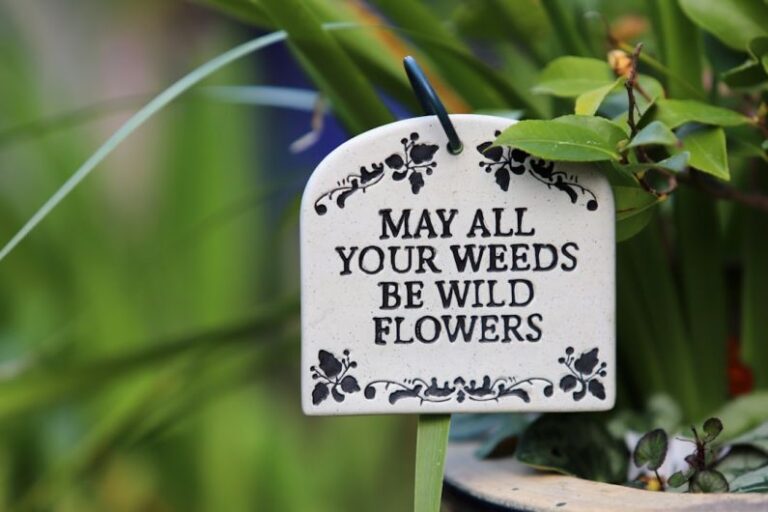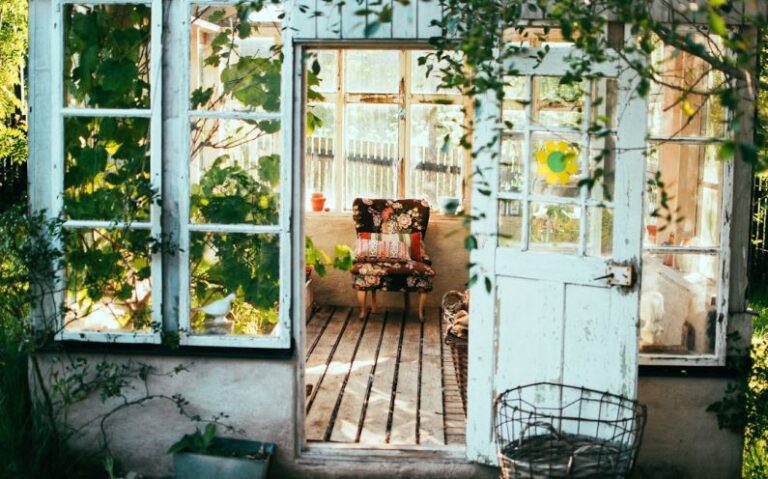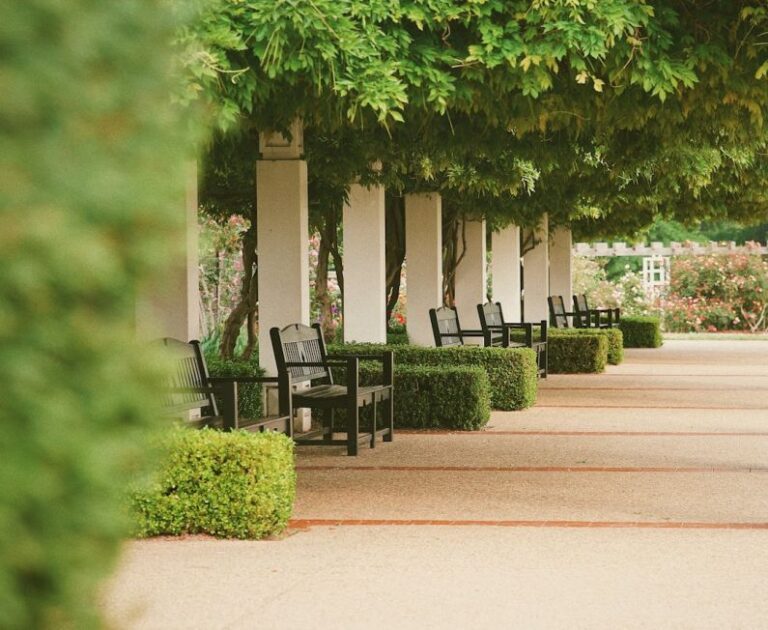Sustainable Gardening Practices for the Eco-conscious Gardener
Gardening is a rewarding and therapeutic activity that allows you to connect with nature and create a beautiful outdoor space. For those who are environmentally conscious, adopting sustainable gardening practices is essential to minimize the negative impact on the planet. By incorporating eco-friendly techniques into your gardening routine, you can help conserve resources, reduce waste, and promote biodiversity in your garden. Here are some sustainable gardening practices for the eco-conscious gardener.
Choose Native Plants
One of the most effective ways to promote sustainability in your garden is by choosing native plants. Native plants are well-adapted to the local climate and soil conditions, requiring less water, fertilizer, and pesticides to thrive. By planting native species, you can create a habitat that supports local wildlife and contributes to the overall biodiversity of your garden. Additionally, native plants are often more resilient to pests and diseases, reducing the need for chemical interventions.
Practice Water Conservation
Water is a precious resource, and conserving it in the garden is crucial for sustainable gardening. To reduce water usage, consider installing a rain barrel to collect rainwater for irrigation. Use a soaker hose or drip irrigation system to deliver water directly to the roots of plants, minimizing evaporation and runoff. Mulching around plants helps retain soil moisture and suppresses weeds, reducing the need for frequent watering. Furthermore, grouping plants with similar water requirements together can help optimize irrigation practices and prevent water waste.
Compost Organic Waste
Composting is a simple and effective way to reduce waste in the garden while improving soil health. Instead of throwing away kitchen scraps and garden clippings, compost them to create nutrient-rich organic matter for your plants. Compost adds essential nutrients to the soil, improves soil structure, and enhances moisture retention. By composting organic waste, you can reduce the amount of waste sent to landfills and minimize the need for synthetic fertilizers in your garden.
Avoid Chemical Pesticides and Fertilizers
Chemical pesticides and fertilizers can have harmful effects on the environment, contaminating soil, water, and air. To minimize the use of synthetic chemicals in your garden, opt for natural alternatives and integrated pest management techniques. Encourage beneficial insects like ladybugs and lacewings to control pest populations naturally. Use organic fertilizers such as compost, manure, or seaweed extract to provide nutrients to your plants without introducing harmful chemicals into the ecosystem.
Create Habitat for Wildlife
Promoting biodiversity in the garden is essential for maintaining a healthy ecosystem. Create habitat for wildlife by incorporating native plants that attract pollinators, birds, and beneficial insects. Provide shelter, food sources, and water features to support a diverse range of wildlife in your garden. Avoid using pesticides and herbicides that can harm beneficial insects and disrupt the natural balance of the ecosystem. By welcoming wildlife into your garden, you can enjoy a thriving and sustainable outdoor space.
Embrace Permaculture Principles
Permaculture is a design philosophy that emphasizes working with nature to create sustainable and self-sufficient systems. By applying permaculture principles in your garden, you can maximize productivity, minimize waste, and foster resilience in the ecosystem. Design your garden layout to optimize sun exposure, water flow, and plant interactions. Implement companion planting to enhance biodiversity and improve plant health. Use natural materials and renewable resources to create a harmonious and regenerative garden environment.
Conclusion: Cultivating a Sustainable Garden
By adopting sustainable gardening practices, eco-conscious gardeners can minimize their impact on the environment while creating a vibrant and resilient outdoor space. From choosing native plants and conserving water to composting organic waste and promoting biodiversity, there are numerous ways to cultivate a sustainable garden. By embracing these practices and principles, you can enjoy the beauty of nature while contributing to a healthier and more sustainable planet. Let your garden be a reflection of your commitment to environmental stewardship and conservation.






